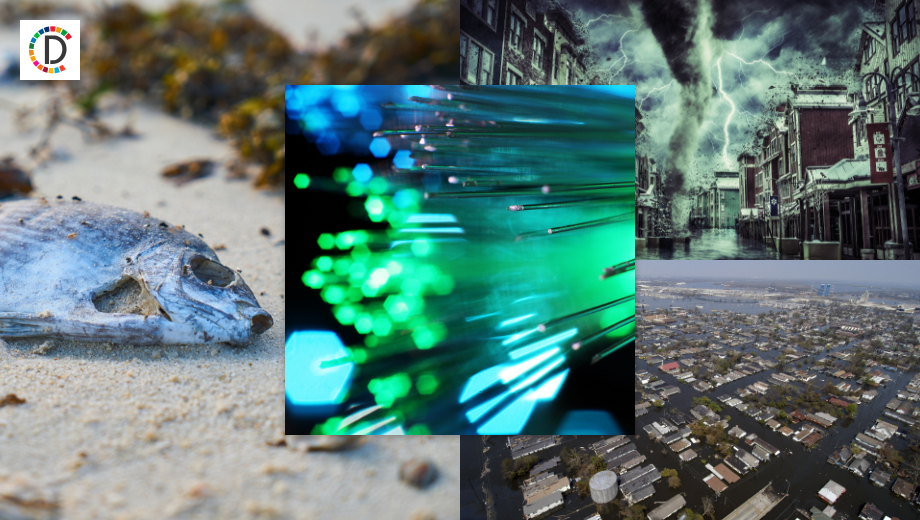Europe's Space Race: New Satellite Ventures Challenge Starlink
Airbus, Thales, and Leonardo plan to create a European satellite company to rival Starlink. The proliferation of satellites increases orbital congestion, requiring international cooperation. Meanwhile, Amazon tests AI-designed carbon removal materials, China starts Antarctic monitoring, and scientists confirm Venus never had oceans.

In a strategic move to challenge the dominance of Elon Musk's Starlink, European aerospace giants Airbus, Thales, and Leonardo are considering the establishment of a joint space venture. Dubbed 'Project Bromo', after an Indonesian volcano, the initiative aims to create a European satellite champion, drawing parallels with the missile manufacturer MBDA. This ambitious effort comes amidst looming job cuts and seeks to bolster Europe's position in the space sector.
The burgeoning number of satellites and debris in Earth's orbit has sparked urgent calls for international cooperation. A United Nations panel emphasized the need for a comprehensive database and global framework to manage space traffic, as the density of objects in orbit threatens to render low Earth orbit unusable without collaborative action.
Meanwhile, Amazon is pioneering the use of AI-designed materials aimed at reducing carbon emissions from data centers. The startup, Orbital Materials, has developed these carbon-filtering substances, spotlighting AI's transformative potential. In other developments, China has launched its first atmospheric monitoring station in Antarctica, reinforcing its commitment to climate change observation. Additionally, scientists have concluded that Venus, despite its similarities to Earth, never had oceans, based on its atmospheric analysis.
(With inputs from agencies.)
- READ MORE ON:
- satellite
- Starlink
- Airbus
- Thales
- Leonardo
- cooperation
- space traffic
- Amazon
- AI-designed
- Venus
ALSO READ
UAE: Emarat, Lootah Biofuels sign MoU to enhance cooperation in renewable energy
Justice on the Horizon: Syria's New Cooperation with UN War Crimes Investigation
Indian Army Expands Global Reach with UN Missions and Enhanced Defence Cooperation
Japan and China Discuss Strategic Cooperation Amid Regional Tensions
Iran and Russia Strengthen Ties with New Cooperation Agreement










